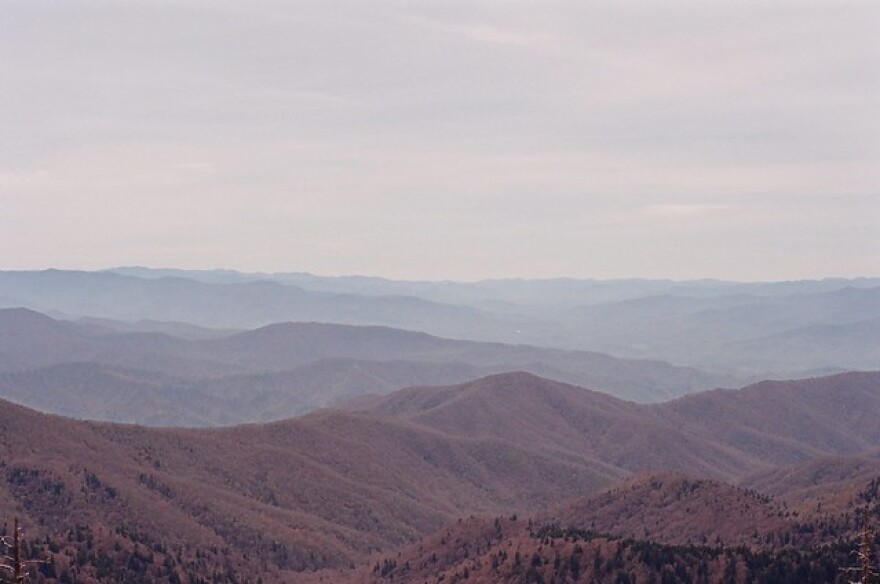Many Americans spend more time looking at screens than they spend outside — or even looking out a window. This increased disconnect between humans and nature comes at a time when scientists warn that the environment is especially vulnerable: the recent estimates that annual average temperatures in the U.S. are expected to rise by about 2.5°F in the next few decades. A new collection of nature writing from Appalachia aims to bring readers closer to nature through stories about both the splendor of the mountain region and clear examples of how humans are changing the planet.

“” (West Virginia University Press/2019) features place-based fiction, literary nonfiction and poetry from authors spanning the region from northern Georgia to upstate New York.
Host Frank Stasio talks to the collection’s editor, Jessica Cory, about the themes that emerged in the collection and the role nature writing can play in addressing climate change. Cory teachers in the English department at Western Carolina University. , a contributor to the collection, also joins the conversation. He is the head of special collections and university archives at the University of North Carolina at Asheville.
Cory will be at a reading at in Waynesville on Saturday, Aug.10 at 3 p.m.; in Sylva on Saturday, Aug. 24 at 3 p.m.; and in Asheville on Thursday, Sept. 5 at 6 p.m.
Nature writers have always been important. You can make the argument that if it wasn't for John Muir, we wouldn't have the national park system now. - Gene Hyde
Interview Highlights
Hyde on the role nature writers play in addressing climate change:
It's really critical that writers observe what's going on and try to channel it through their own creative impulses and motivations and influences. And I think this book is a really great example of how a wide range of voices can contribute to a larger whole. Nature writers have always been important. You can make the argument that if it wasn't for John Muir, we wouldn't have the national park system now.
Cory on how her students’ activism gives her hope:
A lot of students are actually concerned about climate change. In a class of 20, I have probably at least a third of them writing about the destruction of the world due to climate change pretty much every semester, and that's just in one class. So I think that people, even if they're not reading traditional books or out in the world … they're still paying attention to that.











